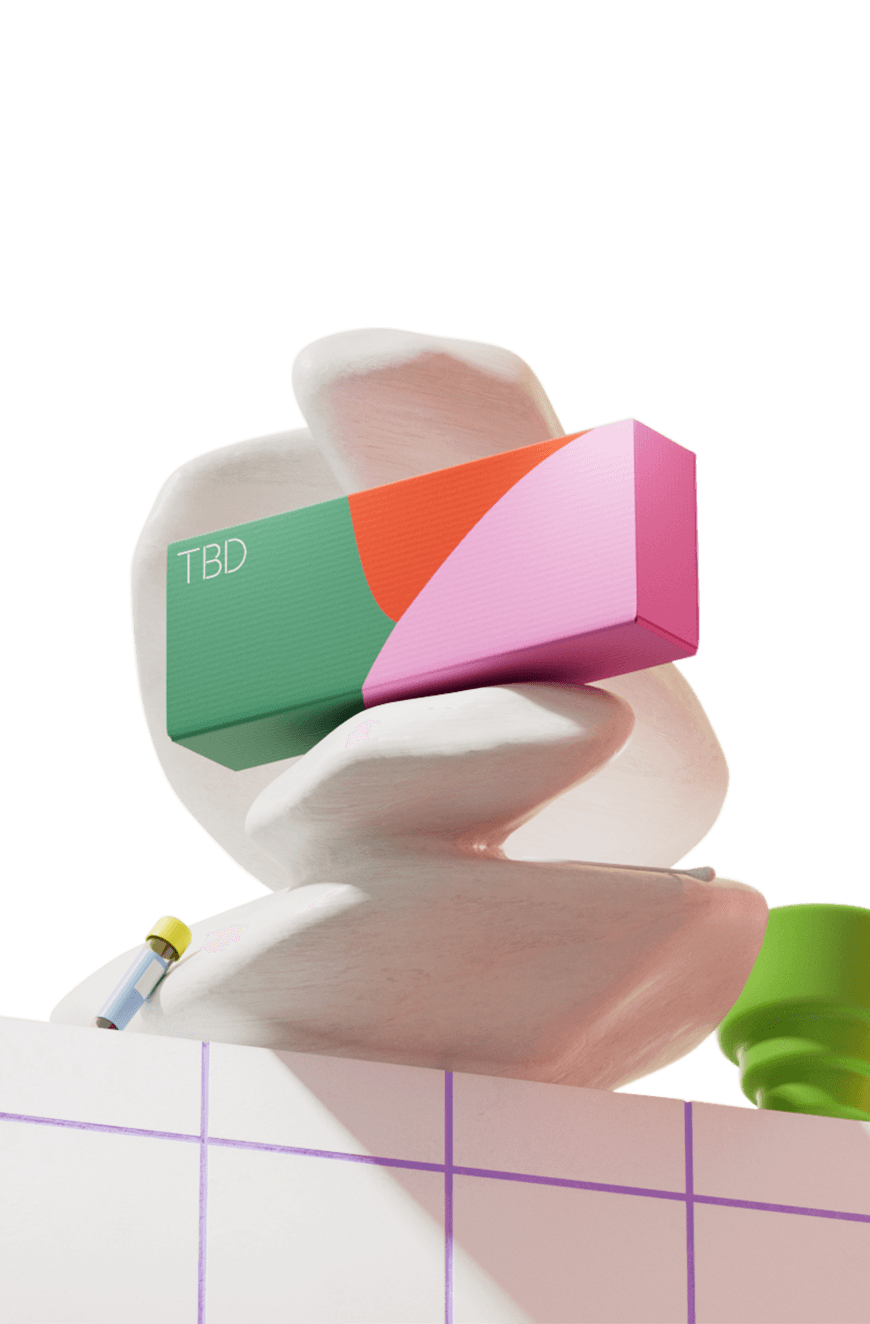
| TBD Panels | 3-Panel STD Test | 9-Panel STD Test | 5-Panel STD Test | 3 Site: Oral, Rectal, Genital |
|---|---|---|---|---|
| Chlamydia |  |  |  |  |
| Gonorrhea |  |  |  |  |
| Trichomoniasis |  |  |  | |
| HIV (Ag/Ab) |  |  | ||
| Syphilis |  |  | ||
| Hepatitis B & C |  | |||
| HSV I |  | |||
| HSV II |  |
- 8 E Charleston Blvd
- Las Vegas, NV 89104
- Tues and Fri
- 10 AM – 2PM
- Contact us:
- +1 (702) 909-0554
- hello@tbd.health

| TBD Panels | 3-Panel STD Test | 9-Panel STD Test | 5-Panel STD Test | 3 Site: Oral, Rectal, Genital |
|---|---|---|---|---|
| Chlamydia |  |  |  |  |
| Gonorrhea |  |  |  |  |
| Trichomoniasis |  |  |  | |
| HIV (Ag/Ab) |  |  | ||
| Syphilis |  |  | ||
| Hepatitis B & C |  | |||
| HSV I |  | |||
| HSV II |  |

How accurate are TBD’s at-home tests?
There is no such thing as a perfect test in medicine, BUT TBD’s tests are highly accurate and similar to what you would find in a medical office. We work with a lab whose tests have been fully validated by state and federal guidelines, including CLIA and College of American Pathologist Standards (aka the best of the best!!). Not to brag, but…our tests are pretty great.
TBD Recommends: 5-Panel STD Test
There are two characteristics that typically help describe a test’s accuracy and performance: 1) sensitivity, which tells us how well the test finds a person WITH a disease, and 2) specificity, which tells us how well a test identifies a person WITHOUT a disease.
TL: DR: _The higher both the sensitivity and specificity, the more you can trust the results, whether positive or negative. TBD’s tests are both very specific and sensitive! _
Want to learn more?
Sensitivity is a measure of how good that test is at finding an infection when it’s there. In technical terms, it tells us how often a test correctly identifies a positive result for someone who has that condition, or a true positive.
- Example: Pregnancy Test A has a 99% sensitivity. That means 99 out of 100 pregnant people will test positive using Pregnancy Test A. 1 out of those 100 pregnant people will have a negative pregnancy test with that test.
- A high sensitivity of a test is a good thing! It’s very good at finding signs of infection when it’s there. If you have a negative test result on a test with high sensitivity, then you can be pretty confident that you do NOT have that infection!
- All of TBD’s tests are at least 88% sensitive. Many are 100% sensitive. These are all considered accurate tests.
Specificity tells us how good that test is at correctly identifying a healthy person WITHOUT an infection. In other words, it tells us how often a test correctly identifies a negative result for someone who does not have that condition, or a true negative.
- Example: Flu Test A has a 80% specificity. That means out of 100 people who test negative for the flu, 80 of those people will be healthy (and not have the flu) while 20 of those people will have the flu but test negative (aka false negative).
- The higher the specificity, the less likely you’re going to get a “false positive” on this test. With a high specificity test, a positive test result means you most likely have that infection. In contrast, a low specificity test is going to identify a bunch of healthy people as having an infection that they don’t actually have.
**TBD Recommends: Take our sexual health questionnaire **
Every test in the medical field, whether it’s imaging or a swab or bloodwork, is subject to some error. Some reasons that tests become less accurate include:
It’s too early to detect: Some tests measure your body’s immune response to an infection and that can take some time to show up on the tests. If you test too early after a possible exposure, it can sometimes take up to 2 months on some tests for it to be fully accurate. If you’ve had an exposure to an infection that is higher risk that you’re worried about, it can be helpful to get a repeat test 2-3 months later.
There is something wrong with the sample: The most accurate tests come from the best samples. Try your best to follow the instructions listed to make sure that you get the best sample. This might mean collecting enough fluid or making sure you store your sample at the right temperature.
If you have questions about the timing of your tests or how to collect your sample, let us know at hello@tbd.health.
Check out our testing stats on specificity and sensitivity below:


Email us and a team member will get back to you within 24 hours. We’re also available via call or text at +1 (702) 909-0554
Sign up below to get 10% off
By providing my email address, I agree to receive email with marketing communications from TBD Health including news, promotions and exclusive offers. I understand that I can opt out at any time by using unsubscribe links. Visit our Terms of Service or Privacy Policy for more information.









